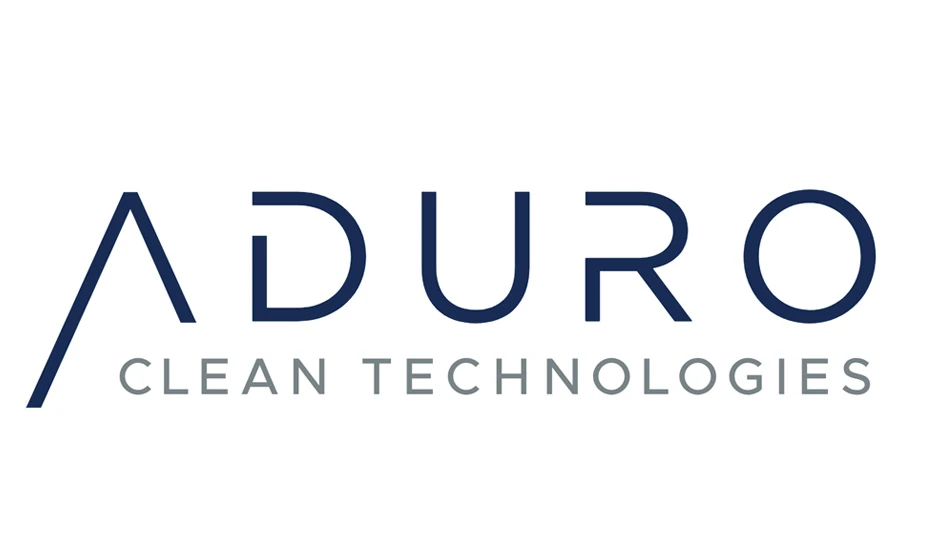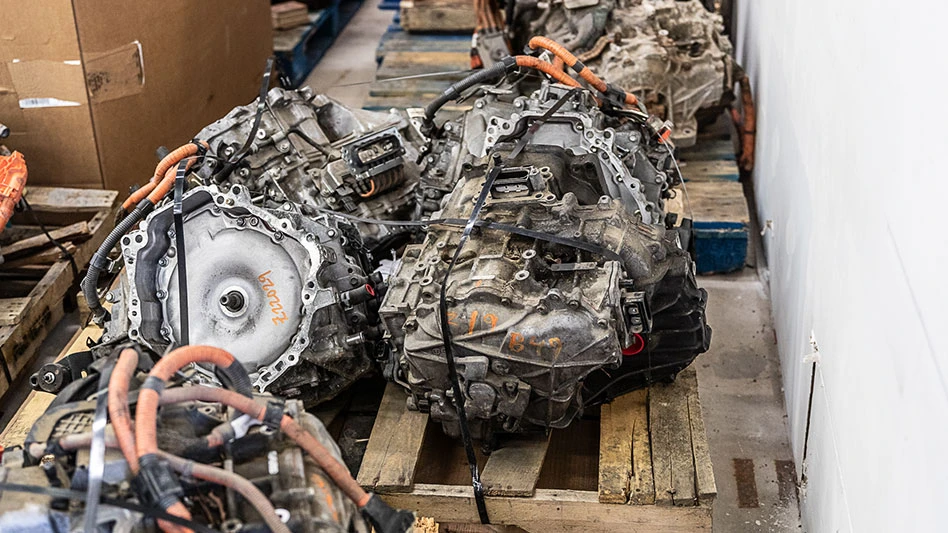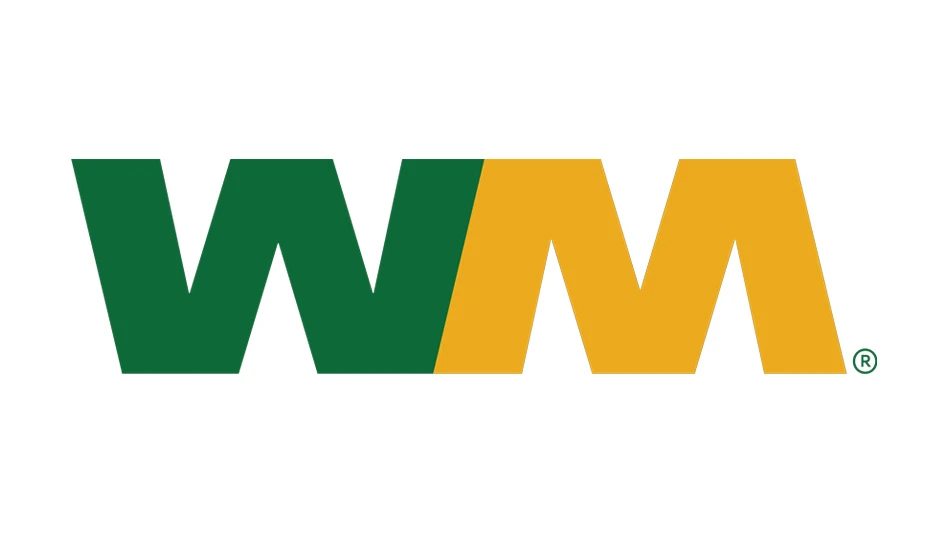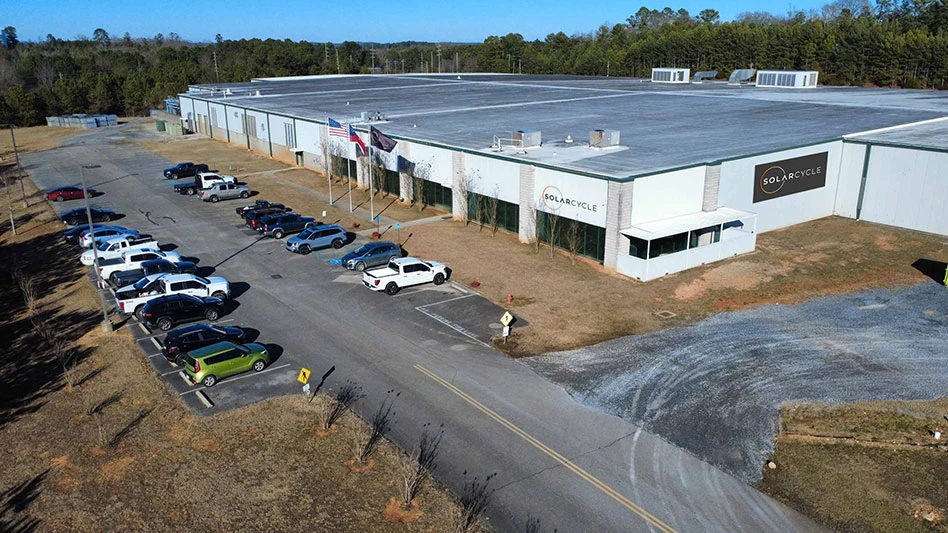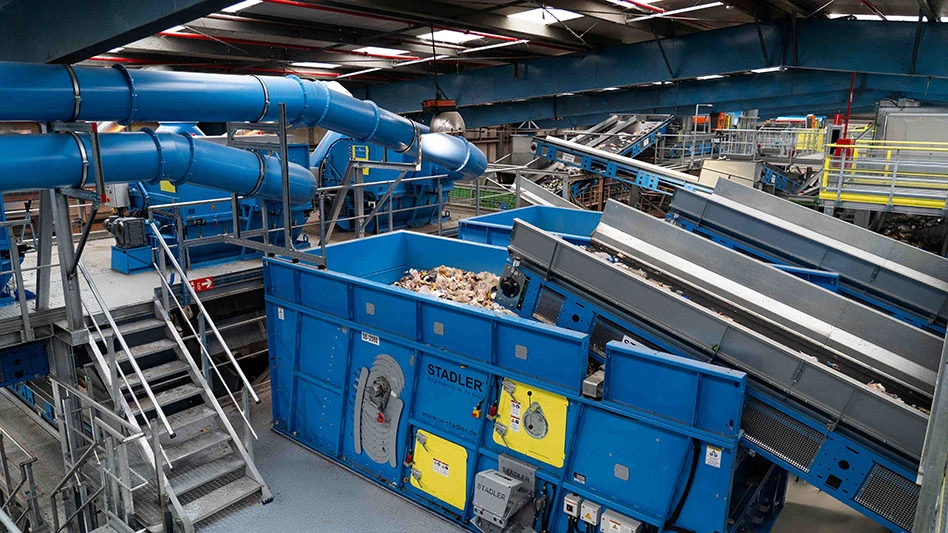
Photo courtesy of New Life Plastics and Lighthouse Consultant
A plastic sorting, recycling and reprocessing facility that was several years in the making has now opened in Hong Kong.
Equipped for polyethylene terephthalate (PET) and high-density polyethylene (HDPE) plastic bottles discarded in Hong Kong, New Life Plastics Ltd. (NLP) is a joint venture formed by: the ALBA Group Asia Ltd. subsidiary of Berlin-based ALBA; Hong Kong-based Baguio Waste Management & Recycling Ltd.; and Hong Kong-based Swire Coca-Cola Ltd.
The 6,500-square-meter (70,000-square-feet) facility is capable of handling up to 900 metric tons of PET and HDPE bottles monthly in its initial configuration. The facility has been operating since the first quarter of this year, NLP says.
“The goal of New Life Plastics is to become a sustainable player between the consumers, the producers, and the Hong Kong SAR [Special Administrative Region] government by closing the loop at the end consumption, and recycling plastic bottles to produce food-grade ready rPET flakes and high-quality rHDPE flakes for a broad range of applications,” says Frank Schepers, general manager of NLP.
He continues, “According to the Monitoring of Solid Waste in Hong Kong (Waste Statistics for 2020) issued by the Environmental Protection Department, the overall plastic recyclables’ recovery rate has climbed from 8 percent in 2019 to 11 percent in 2020. Used plastic bottles are valuable resources with high recyclability. Thanks to the continuous initiatives and efforts made by the government, nongovernmental organizations, collectors, consumers and domestic helpers, the local community has made a great leap on their recycling awareness and habit in recent years when it comes to clean plastic bottle recycling.
"We understand the community might have concerns over the breadth and depth of local recycling for the postconsumer plastic bottles put in the collection bins. At NLP, we assure the Hong Kong community that all PET and HDPE plastic bottles arriving at our doorstep will be treated professionally with the state-of-art technology, and we are honored to play a part in the sustainable solution of plastic bottle recycling in Hong Kong.”
NLP says its role begins with the arrival of postconsumer PET and HDPE bottles packed in bales. That material will go through five “carefully designed advanced processing pillars in the facility, namely preparation, separation, sorting, processing and quality control,” the company says.
Initially, a bale breaker opens the bales, allowing the bottles to be separated from each other before going under an over-belt magnet, through a trommel screen and then a label scraper for the removal of metal impurities, size screening and label detachment, respectively.
Bottle sorting according to their resin (PET or HDPE) and color (transparent or other color) will then be undertaken by five optical sorters. After that, clear PET and HDPE bottles will be sent to different silos for cutting, grinding, washing and drying procedures.
Clear PET flakes will additionally go through a dual hot washing stage and a final quality check via another optical sorter. Those steps, says NLP, are important to comply with a food-grade ready standard.
Yields including rPET flakes, rHDPE flakes, label flakes, cap and ring flakes will be separately collected and sent through different silos for bagging over the course of the production process. The facility also features an in-house quality control laboratory to monitor yields, “thereby ensuring the highest possible standards are met before dispatching,” NLP says.
The introduction of what NLP calls first-of-its-kind food-grade ready plastic recycling processing in Hong Kong “is pivotal to the local plastic bottle recycling industry, as it is a closed-loop recycling solution, meaning that the valuable material is recycled back to a quality close to the original material; hence, creating more economic and environmental value,” NLP says.
“This is the so-called ‘bottle-to-bottle’ approach,” Schepers says. “The rPET plastic boom is attracting wider attention and I am glad to see NLP taking the lead in the domestic market for food-grade ready rPET recycling processing. I am sure our role will add value to the conventional plastic bottle recycling industry by providing a sustainable solution to Hong Kong’s plastic bottle usage through the creation of a circular economy for both PET and HDPE plastic bottles.”
Latest from Recycling Today
- Volatility wave hits copper pricing
- ArcelorMittal legal battle with Italy continues
- Altor program boosts EPS recycling
- IP to spin off non-North American operations
- Flexible Film Recycling Alliance report outlines progress
- RERF opens Avagliano award nominations
- Eriez expands European sales network
- Gränges increases sales volume in 2025
